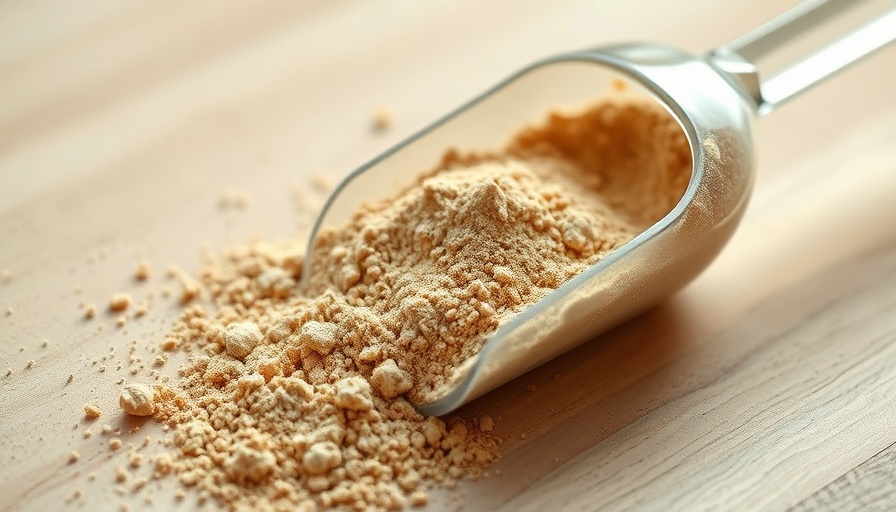
Are Your Protein Supplements Safe? Here's What the Latest Study Reveals
The booming popularity of protein powders has made them a staple in many health-conscious diets. However, a recent study by Consumer Reports raises serious concerns about the safety of these popular supplements. Detected levels of lead in various protein powders could pose potential health risks, especially for frequent users.
What Does the Study Show?
According to the Consumer Reports analysis of 23 widely used protein powders and shakes, more than two-thirds contained lead levels exceeding what is considered safe for daily consumption. Notably, certain plant-based protein powders were flagged as having lead levels as high as 1,570% over the threshold deemed acceptable by health authorities.
For context, the report indicates that around 70% of the tested protein powders had lead levels above 0.5 micrograms—Consumer Reports' defined limit for safe intake. Among these, some brands, like Naked Nutrition's Mass Gainer, demonstrated concerning excesses, with 7.7 micrograms per serving.
Why Are Plant-Based Powders More Affected?
Interestingly, the study highlights that plant-based proteins, which have surged in popularity, tend to absorb higher levels of lead from contaminated soil, making them more susceptible to heavy metal contamination. In fact, lead levels in plant-based protein products were reportedly about nine times greater than those in dairy products and twice those found in beef-based powders.
Understanding the Health Risks
This lead exposure is particularly alarming due to the potentially serious health implications it has for both children and adults. Childhood exposure can hinder brain and nervous system development, while adults are at risk of high blood pressure and kidney damage. The Centers for Disease Control and Prevention has extensively documented these risks, emphasizing that repeated exposure can accumulate over time, leading to chronic health issues.
Health Recommendations: Moderation is Key
Toxicologists and food safety experts do offer a silver lining, suggesting that while the lead levels detected are troubling, the amounts found in most products would not cause immediate health harm if consumed sporadically. However, consistent use, especially of the most contaminated products, might indeed pose long-term health risks. Experts recommend considering moderation in your protein supplement intake.
What Should You Do?
So, what practical steps can consumers take? Here are some recommendations:
- Limit Daily Use: Fewer servings a week can reduce potential lead exposure.
- Choose Wisely: Opt for protein sources that are less likely to contain heavy metals, including high-protein whole foods like chicken, legumes, or dairy, rather than relying exclusively on protein powders.
- Stay Informed: Research brands and review testing results where available—even inquire directly about contaminants.
Conclusion: Balancing Health and Wellness
In navigating the complexities of health supplements, it's crucial for consumers to be well-informed and cautious. With many readily available options, the emphasis should not merely be on boosting protein intake but ensuring that the sources of this protein are safe for consumption. For those residing in areas like San Antonio, local health and wellness businesses can offer guidance and resources to promote a more natural approach to getting essential nutrients.
Take Action
As we prioritize our health, understanding the implications of our dietary choices is vital. For more insights on health and wellness that resonate with your lifestyle, exploring local health resources and making informed decisions can lead to a safer, healthier future.
 Add Element
Add Element  Add Row
Add Row 




Write A Comment